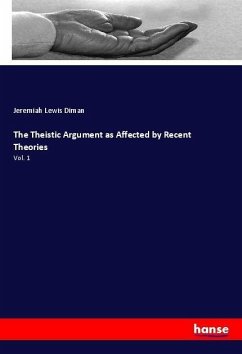An ontological argument is a philosophical argument, made from an ontological basis, that is, advanced in support of the existence of God. Such arguments tend to refer to the state of being or existing. More specifically, ontological arguments are commonly conceived a priori in regard to the organization of the universe, whereby, if such organizational structure is true, God must exist.The first ontological argument in Western Christian tradition [i] was proposed by Saint Anselm of Canterbury in his 1078 work, Proslogion (Latin: Proslogium, lit. 'Discourse on the Existence of God'), in which he defines God as "a being than which no greater can be conceived," and argues that such being must exist in the mind, even in that of the person, who denies the existence of God. From this, he suggests that if the greatest possible being exists in the mind, it must also exist in reality, because if it existed only in the mind, then an even greater being must be possible - one who exists bothin mind and in reality. Therefore, this greatest possible being must exist in reality.
Hinweis: Dieser Artikel kann nur an eine deutsche Lieferadresse ausgeliefert werden.
Hinweis: Dieser Artikel kann nur an eine deutsche Lieferadresse ausgeliefert werden.








